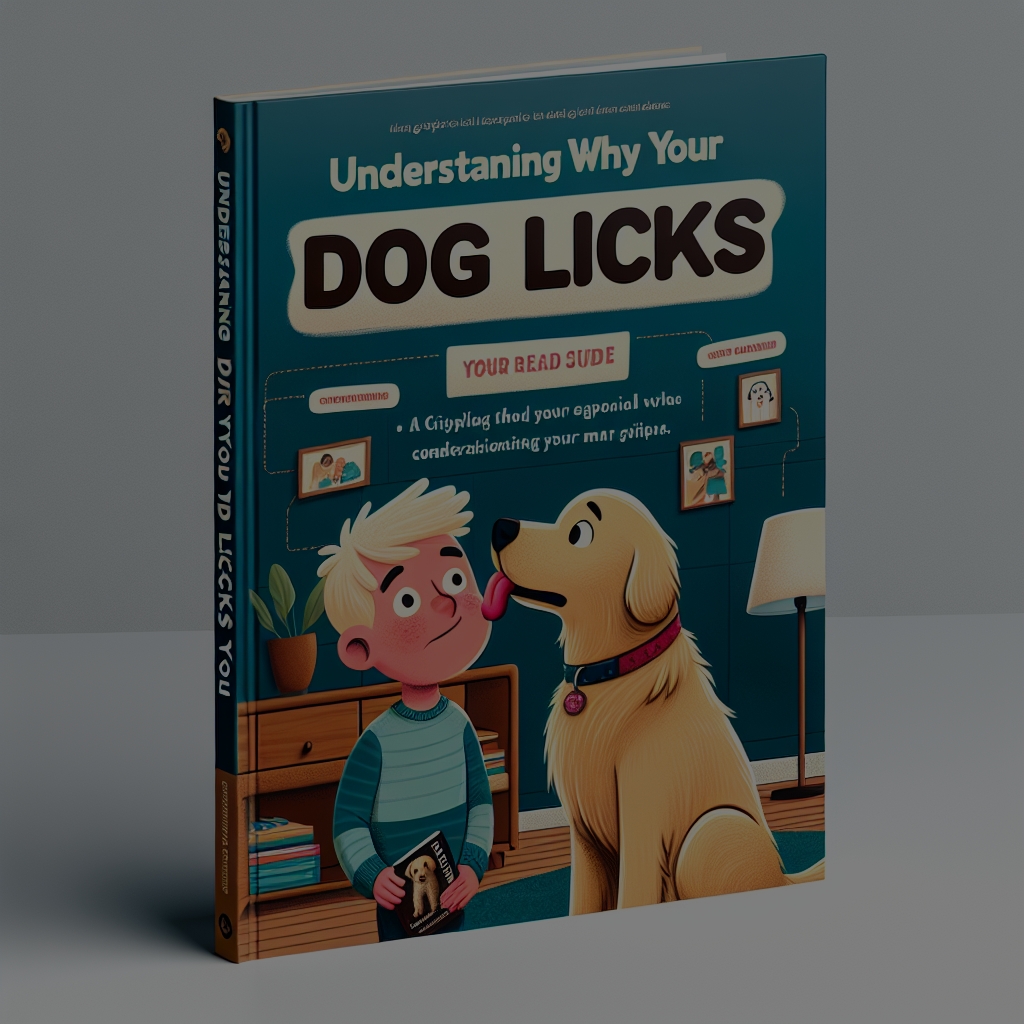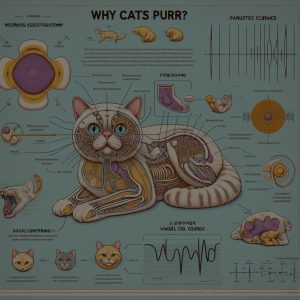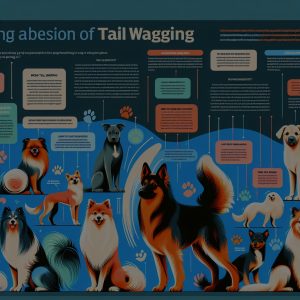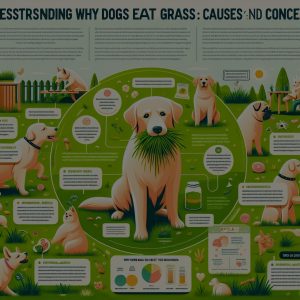
Dogs are known for their affectionate and sometimes quirky behaviors, one of the most common being licking. While it might seem like a peculiar habit, especially when your furry friend showers you with slobbery kisses, there’s actually a lot more to this behavior than meets the eye. Understanding why your dog licks you can provide insights into their emotional state, health, and even their relationship with you. This informative guide delves into the various reasons behind canine licking behavior, offering a comprehensive look at the science, emotional factors, potential health issues, and strategies to manage and redirect this seemingly simple, yet complex behavior.
The Science Behind Canine Licking Behavior
The act of licking is deeply rooted in a dog’s biology. From birth, puppies experience licking from their mother, which serves multiple functions, such as cleaning and stimulating bodily functions. This early experience establishes licking as a primary form of communication and care. As a result, licking becomes an ingrained behavior that dogs carry into adulthood.
Additionally, licking is linked to the release of endorphins in dogs. These natural chemicals contribute to a sense of well-being and pleasure, making the act of licking self-reinforcing for the dog. When a dog licks their owner, it can be a way to soothe themselves, especially in situations that might cause anxiety or stress.
Moreover, dogs have a highly developed sense of taste and smell, and licking can be a way for them to explore their environment. When they lick you, they are not just showing affection; they might also be gathering information about your scent, which is a critical sense for them. This sensory input helps them understand and bond with you on a level that’s unique to their species.
Emotional and Social Reasons for Dog Licking
Licking is often a sign of affection and bonding in dogs. It is their way of expressing love and loyalty. When your dog licks you, they are using a natural behavior to communicate their emotional attachment, similar to how humans might hug or kiss loved ones. This behavior reinforces the bond between you and your dog, fostering a sense of security and trust.
Another social aspect of licking is submission. In the wild, subordinate wolves lick the dominant pack members to show respect and submission. Domesticated dogs retain this instinctual behavior. When your dog licks you, it may be a sign of acknowledging you as the leader of their ‘pack,’ demonstrating their acceptance of your authority and their willingness to follow your lead.
Moreover, dogs can lick to seek attention or to solicit care. If your dog feels neglected or desires more interaction, licking can be a way to capture your attention. This behavior is often reinforced by the positive response they receive when you react by petting or talking to them, thus creating a feedback loop that encourages continued licking.
Health-Related Causes of Excessive Licking
While licking is generally normal, excessive licking can indicate underlying health issues. One common cause is allergies. Dogs can develop allergies to food, environmental factors like pollen, or even household products. These allergies can cause skin irritations, leading to frequent licking in an attempt to soothe the itchiness.
Another health-related reason could be pain or discomfort. Dogs might lick a specific area if they are experiencing discomfort or pain, such as arthritis, gastrointestinal issues, or even dental problems. Persistent licking in one area warrants a vet visit to rule out or treat any medical conditions.
Behavioral disorders can also contribute to excessive licking. Conditions such as anxiety or obsessive-compulsive disorder (OCD) in dogs can manifest through repetitive behaviors, including licking. These behavioral issues often require a multifaceted approach that may include training, environmental enrichment, and, in some cases, medication.
Strategies to Manage and Redirect Licking Behavior
Managing and redirecting your dog’s licking behavior starts with understanding the root cause. If the licking is due to behavioral reasons, positive reinforcement training can be highly effective. Encourage alternative behaviors, such as sitting or playing with a toy, and reward these actions to shift their focus away from licking.
Consistency is key in managing this behavior. Ensure that all family members and anyone who interacts with your dog are on the same page regarding how to respond to licking. If your dog licks to gain attention, it’s crucial to avoid reinforcing this behavior. Instead, provide attention and affection when the dog is calm and not licking.
For health-related licking, addressing the underlying medical issue is paramount. Consult a veterinarian to diagnose and treat conditions such as allergies, pain, or anxiety. In cases where behavioral issues are severe, professional help from a dog behaviorist or trainer may be necessary to create a tailored plan that includes mental stimulation, physical exercise, and possibly medication to manage the behavior effectively.
Understanding why your dog licks you is a step towards fostering a deeper bond and ensuring their well-being. By recognizing the biological, emotional, and health-related aspects of licking, you can better interpret your dog’s needs and address any issues that arise. Whether it’s a sign of affection, an indication of a health problem, or simply a request for attention, being informed empowers you to respond appropriately and maintain a harmonious relationship with your furry friend. With patience, consistency, and a bit of professional guidance when needed, you can manage and redirect your dog’s licking behavior in a way that benefits both of you.
Sure! Here’s a new, SEO-friendly paragraph with embedded external links: “You might be interested in exploring more about why dogs exhibit the behaviors they do. Speaking of [canine behavior](https://en.wikipedia.org/wiki/Canine_behavior), you might want to check out this comprehensive [Wikipedia article](https://en.wikipedia.org/wiki/Canine_behavior) that dives into the different aspects of dog psychology. Additionally, if you’re curious about how dogs communicate with us and each other, the article on [animal communication](https://en.wikipedia.org/wiki/Animal_communication) is a fascinating read. Furthermore, understanding the role of [allergies in pets](https://en.wikipedia.org/wiki/Allergies_in_pets) can provide more insight into health-related causes of excessive licking. Lastly, learning about the concept of [pack leadership](https://en.wikipedia.org/wiki/Dominance_hierarchy) can help you comprehend how dogs perceive social structures within their families.”










